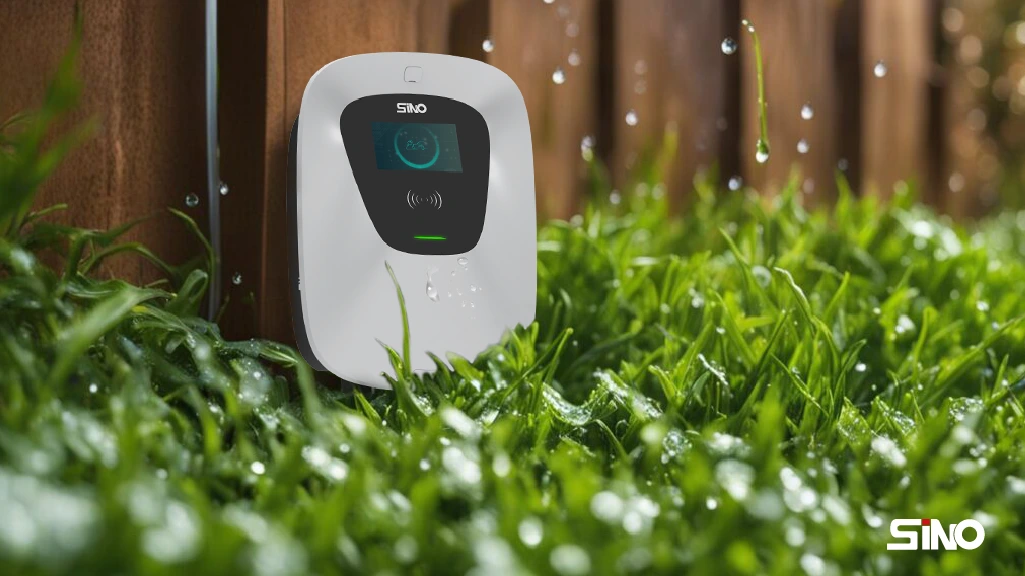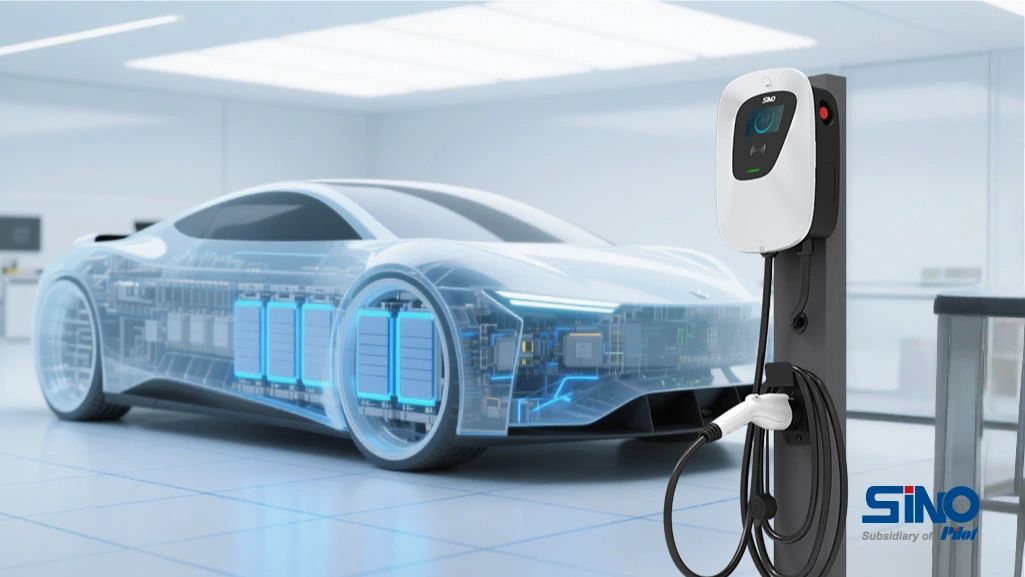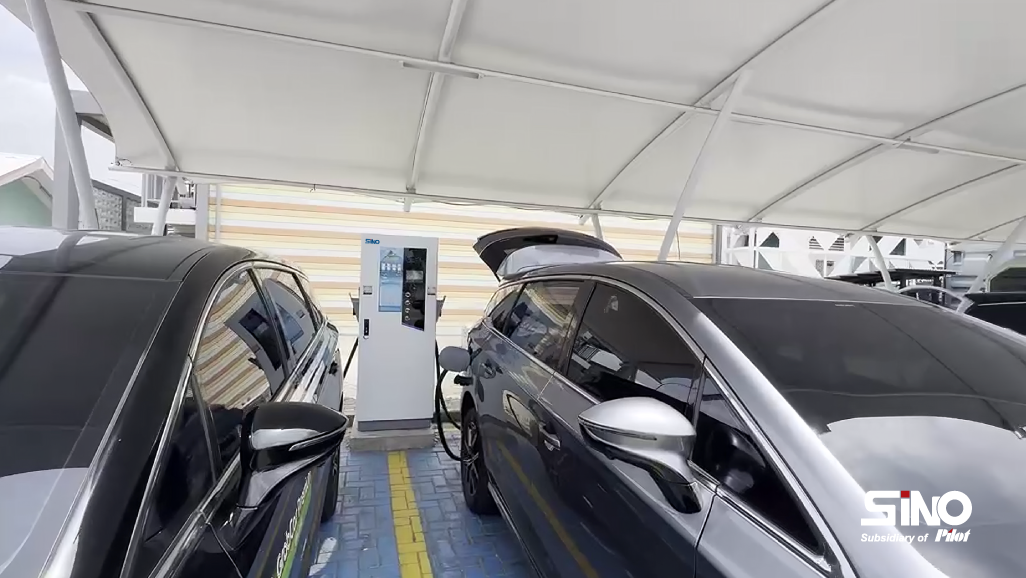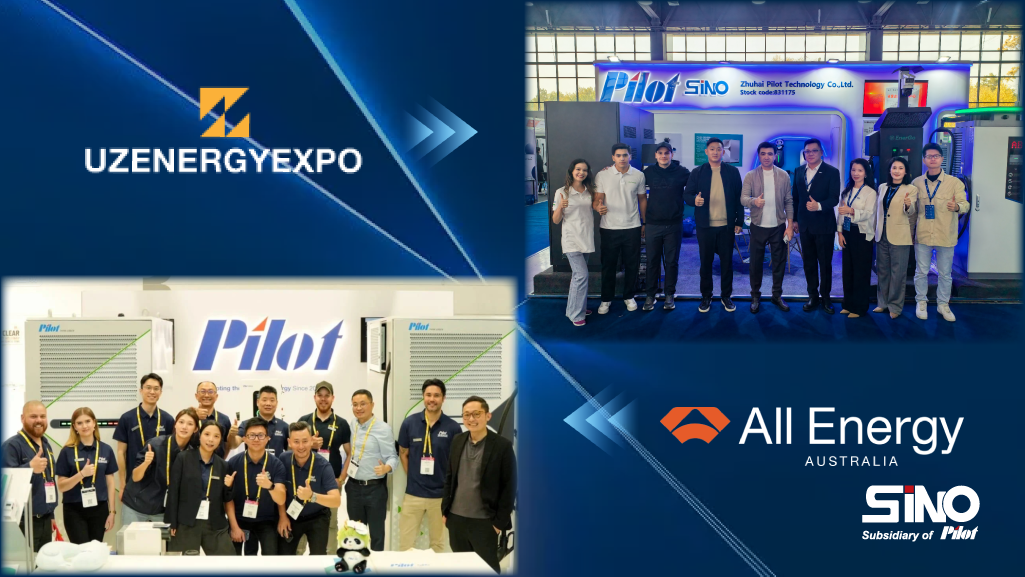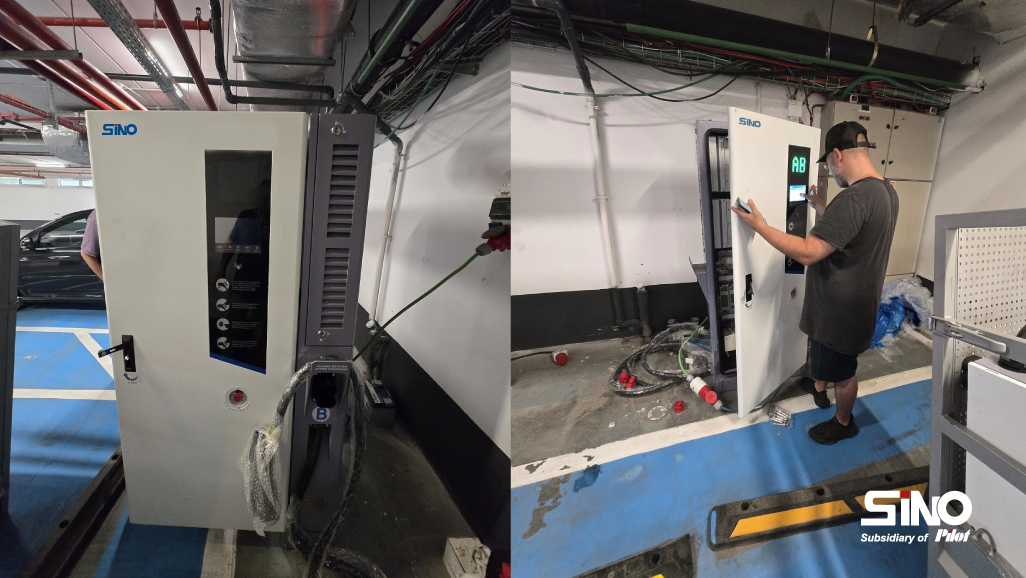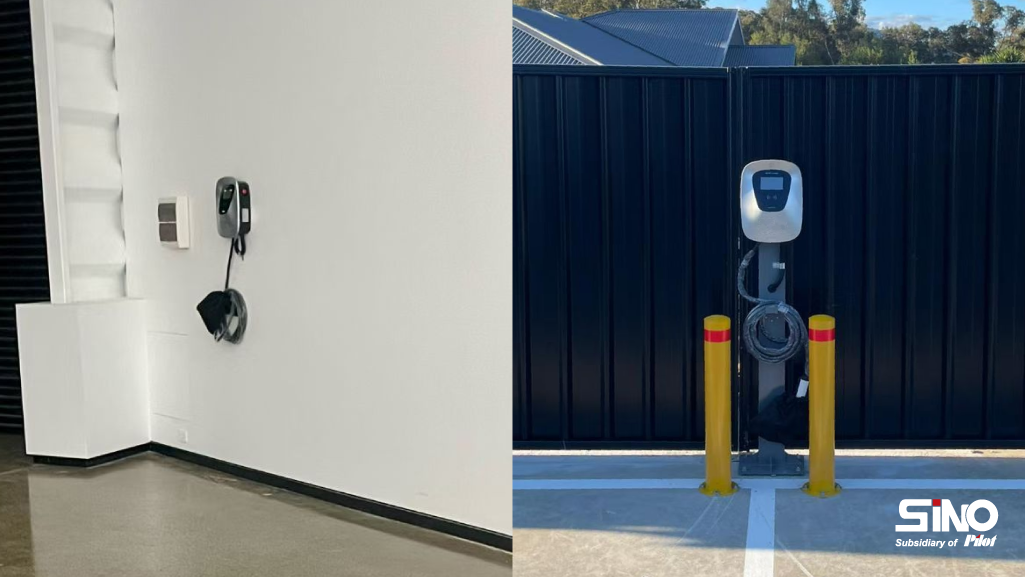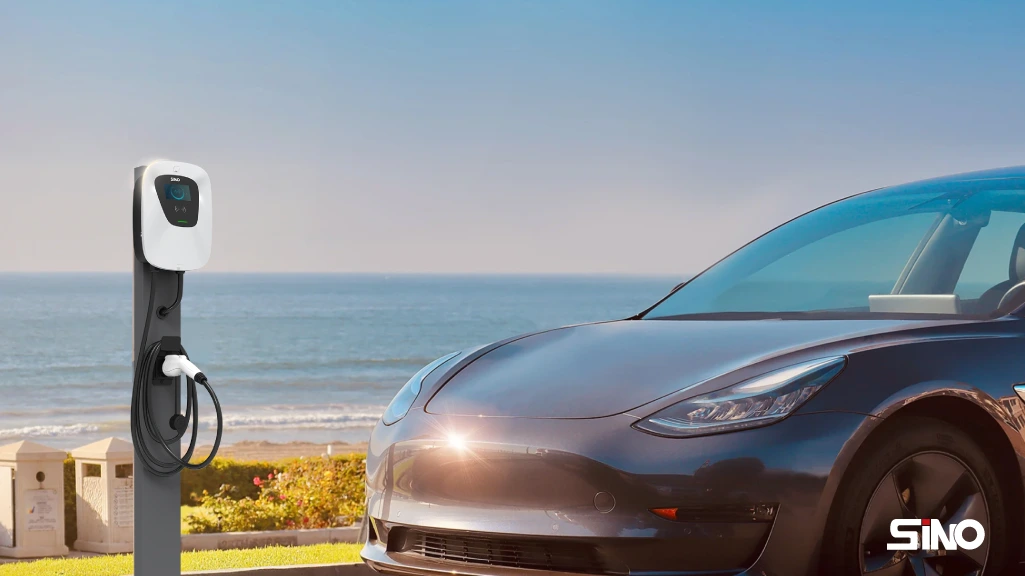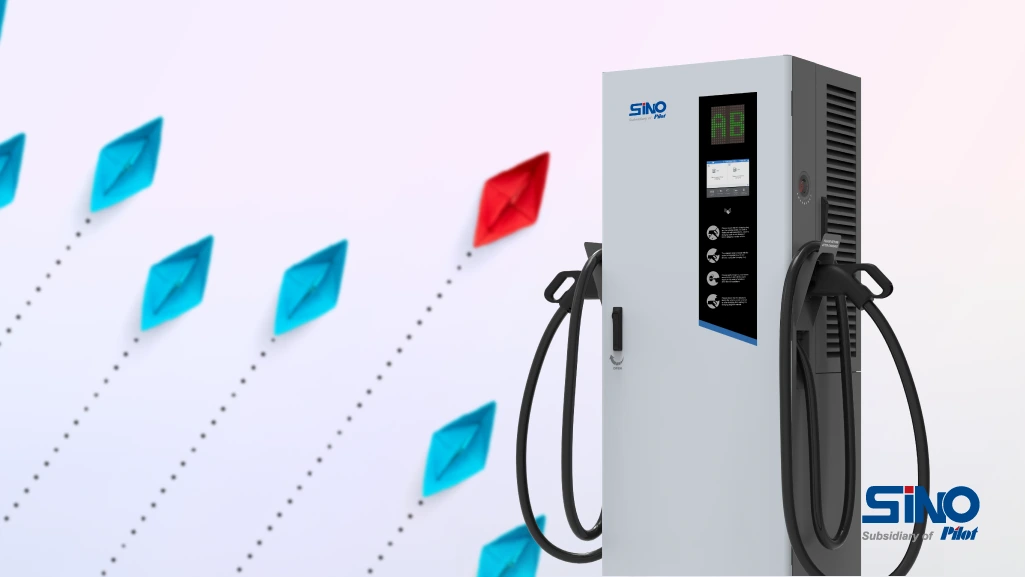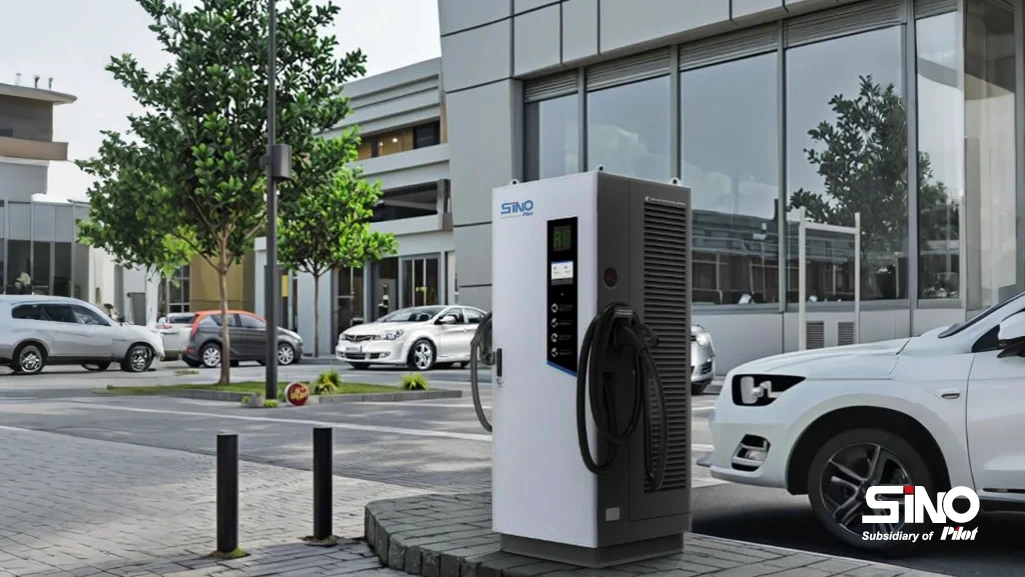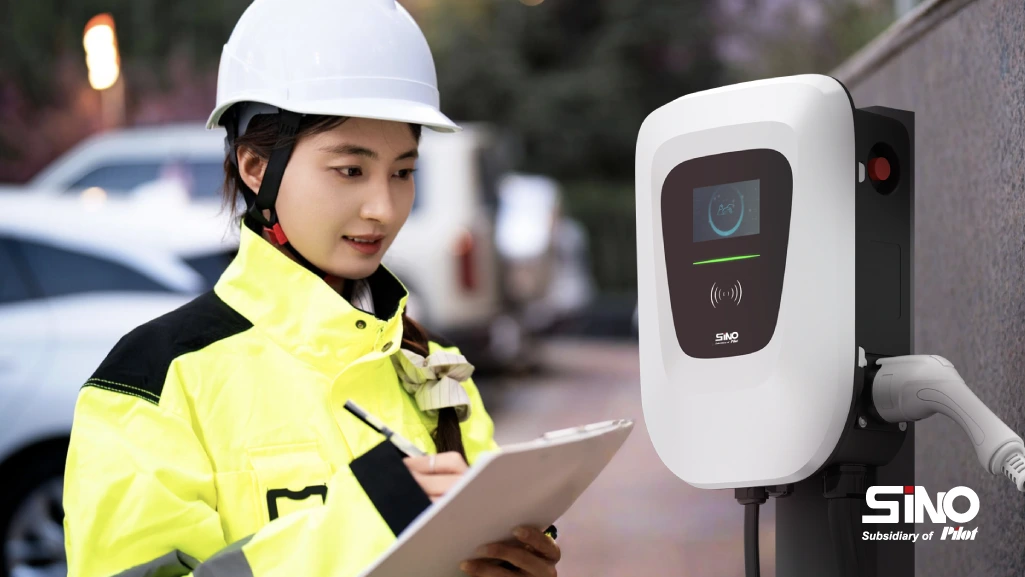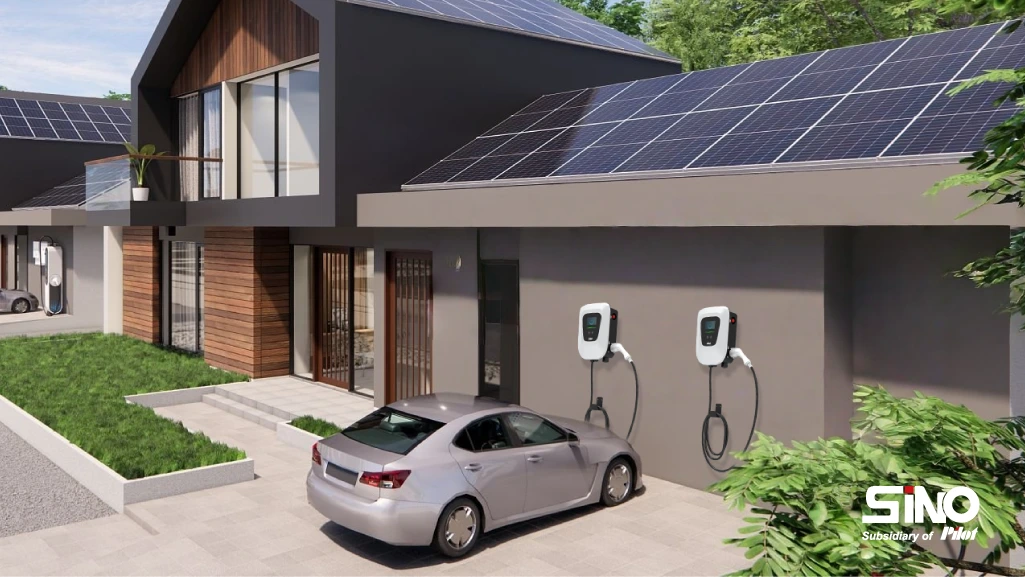Safety Considerations for EV Charging
The safety of charging stations is one of the most important indicators. In China, the safety requirements, test guidelines, and test methods of charging stations are clearly stipulated. Safety testing includes insulation performance, grounding measures, protection against electric shock, leakage protection, water and dust resistance.
Climate change is a real threat to the sustainable continuation of our lifestyle. It has driven an explosion in alternatives to fossil fuel-based transportation. From the early 2000s, the emergence of electric-gas hybrid and fully electric vehicles (EV) has accelerated dramatically.
Advances in battery technologies and machines have created more and more opportunities for electric vehicles and most traditional car manufacturers have rolled out electric vehicles. In addition to sustainability objectives, higher emissions standards, lower EV technology prices increases in battery energy densities, and more widespread charging infrastructure, all of these make EV vehicles the future of transportation.
The need for electric vehicle charging and safety standards
With traditional and new entrants using a variety of technology approaches towards electric vehicles, standards must be established to ensure that EV technologies are reliable. Malfunctions in the electronics in the automobile and the charging infrastructure could have fatal consequences for occupants and other persons involved along with rescue teams. Safe operation and reliability of batteries, controls, plug connectors, switches, and wires need to be assured for peace of mind and accident avoidance. Regulatory frameworks that establish benchmarks for various EV component technologies and offer a certification process for providers will increase consumer confidence, safety, and supplier compliance.
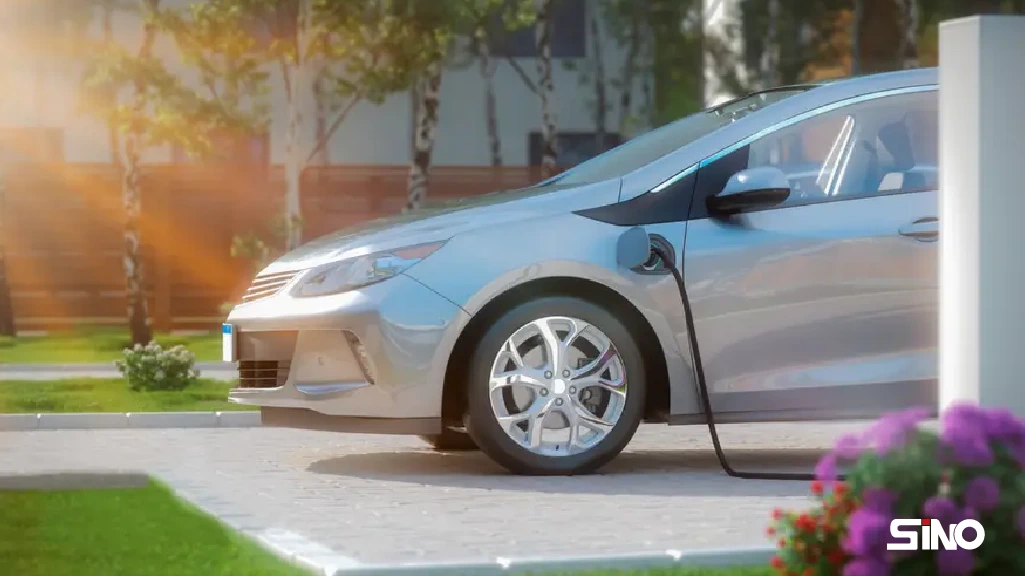
Overview of the main international electric vehicle safety and charging standards
Currently, there is no single global EV standard. Many of the major EV production centers – including Japan, Europe, North America, and China – are promoting differing ideas in a variety of areas. Although regulatory certifications usually follow technological innovation they serve as an important rite of passage to access the EV marketplace. By stipulating basic guidelines for safety and environmental compliance, regulatory standards impact the evolution of the technology. For EV vehicular technologies, four main areas constitute the bulk of the regulatory and standard-setting efforts which are safety and security, charging connectors, charging topology, and related EV charging communications.
Installation safety required
Like with any electrical application, EV charging carries a risk of electrocution and fire. There are standards in place to protect your home and vehicle, and working with a licensed electrician experienced in EV charging installation who uses the correct materials can help ensure your home and vehicle are protected for years to come.
EV charging stations can use more energy than the combined energy needs of every other appliance in your home, so it’s important to recognize that all components of the installation will have a high-powered continuous electrical load for 4-10 hours a day, every day. Investing in high-quality materials can prevent melted components, electrical fires, and other damages.
Overcurrent and Overvoltage Protection
Bad wiring and electrical overload can result in dangerous conditions and EV chargers need to follow a few safety standards to manage these risks:
- When using an AC EV charger plugged into a 240 Volt outlet, you should also use a dedicated GFCI (Ground Fault Circuit Interrupter) breaker. GFCI protection interrupts power almost instantly in the event of an overload.
- The NEC code has precise EV charger requirements regarding height, cable management systems, charging cable ratings, interlocks for emergency power shut-off, and more.
Hardwiring isn’t a requirement, but it’s a common practice when installing Level 2 charging equipment for residential use. Instead of plugging charging equipment into a 240V outlet, hardwiring creates a direct connection between the charger and the electrical panel. This approach reduces the risk of failure at the outlet point.
Grounding and Leakage Current
Grounding creates a safe path for current to reach the earth in case of an electrical surge. A qualified electrician can assess your grounding system and make necessary corrections to ensure electrical performance. This includes charging efficiency, power factor, input and output characteristics, charging stability, etc. These performance indicators directly affect the charging speed and energy loss during the charging process.
Four Main Factors Affecting EV Charging Efficiency
On-board charger
The main function of the on-board charging system is to convert AC power into DC. The conversion produces heat, which is why the power electronics in an EV are normally liquid-cooled. Nevertheless, it does not protect you from power loss completely.
The on-board charging systems work particularly inefficiently when too little current is flowing. However, there is nothing you can do to prevent the charging loss at this stage of the process.
Charging cable
Some energy is getting lost while running through the charging cable. This is a matter of resistance. The shorter the charging cable is, the lower the power loss as the resistance is lower.
Charging power
Higher power generates higher heat. And as you already know, heat is what the energy normally turns into. A thick charging cable is one of the things that can reduce the heat and, therefore, prevent energy loss. The higher the charging speed, the thicker the cable should be.
Suppose you charge your electric car at 11 kW and 22 kW with the same cable intended for an 11 kW charging station. What will happen? With 22 kW, the losses will increase as more heat is generated. It is therefore better to have a cable designed for a particular charging speed or even exceeding it, as in this case, the energy loss will be lower.
EV battery:
The lithium-ion battery converts electrical energy from the charging station into chemical energy. The conversion process causes heat and as a result power losses. Luckily, most electric car battery packs come with a thermal management system to reduce energy loss when the battery is heating up or cooling down.
Electromagnetic compatibility (EMC) :
The charging station should not interfere with other electronic devices when working, and should also be able to resist external electromagnetic interference. This relates to the electromagnetic compatibility of the charging station.
DC fast charging stations equipped with advanced capabilities such as power electronics and cloud-based communications fall under the class of devices that require EMC testing and certification. For safety and reliability, it’s critical to understand the levels of protection available and ensure charging stations fully meet all site requirements.
What is EMC?
Electromagnetic compatibility (EMC) refers to the unintended creation, spread, and delivery of electromagnetic energy between, and to, devices. EMC issues can have undesirable consequences such as electromagnetic interference (EMI) and /or Radio Frequency Interference (RFI) that can damage operational or peripheral equipment. The terms EMI and RFI are often used interchangeably, but the term EMI covers any frequency of electrical noise, while RFI is one kind of electrical noise.
How does this relate to EV charging stations?
The lEC 61000 EMC standard defines limits intended to provide reasonable protection against harmful interference. This is the directive that addresses EMI issues for EV charging infrastructure products.
This compliance is especially important for any public charging stations placed in proximity to residential and multi-family dwelling areas, where the general public has exposure and greater risk. In these cases, EV charging station providers must ensure their equipment has Class B compliance.
If the charging station does not have Class B certification, it must display a warning label to caution users that magnetic fields around it can be problematic. In some cases, it can be high enough to affect individuals with pacemakers or other critical medical devices. Ensure your electric vehicle charging station meets the highest EMC compliance for optimal safety, lowest user risk, and equipment longevity.
Climate, weather environment adaptability
The charging station should be able to adapt to various environmental conditions, such as high and low temperatures, humid heat, salt spray, etc. This needs to be verified through a series of environmental adaptability tests,
There’s a sweet spot for EV charging, and it typically falls in the balmy breezes of spring and fall. During these moderate seasons, EV batteries can maintain their optimum operating temperature more efficiently, which is generally between 60°F and 80°F. Charging during these periods is typically more consistent, and you’ll get closer to the manufacturer’s stated range and charging times. It’s a happy medium where neither the battery nor the air conditioning has to work overtime.
1. Reliability and durability:
The service life, failure rate and maintenance cost of charging stations are also important indicators to evaluate their quality. To maintain your EV charger, you may read more information in this Blog.
2. Smart energy management:
Modern charging stations usually have intelligent management systems, which can remote monitoring, fault diagnosis, user management, and other functions.
A charge point operator uses smart energy management module as part of the cloud-based software platform. The software determines the best time to charge and the best energy source to use for charging vehicles. It uses advanced algorithms and demand side response (DSR) to provide near real-time load balancing, dynamically distributing energy across multiple chargers at a fleet or public charging hub or a campus, helping prevent demand from exceeding grid capacity during peak usage times.
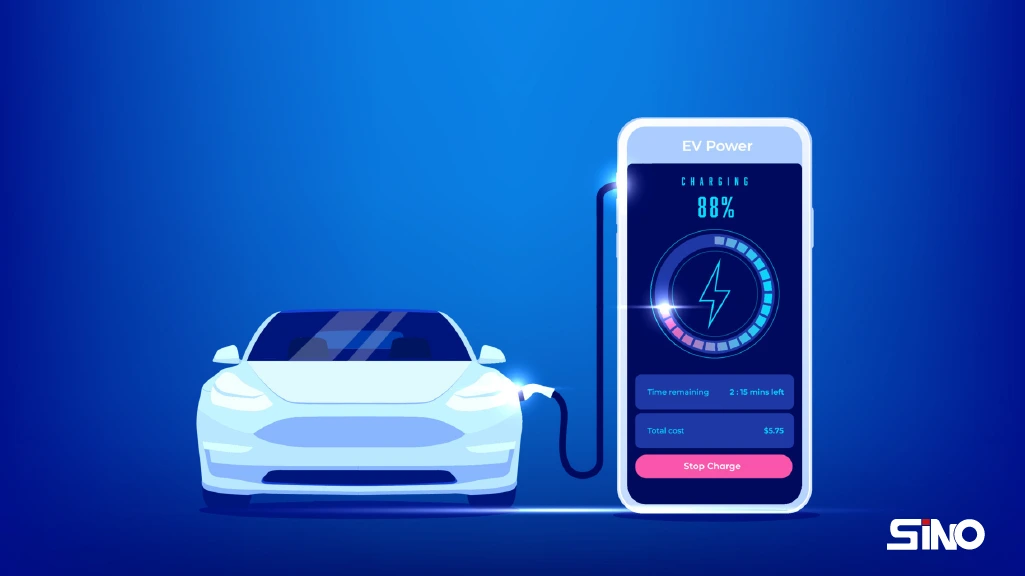
3. User experience:
Including the friendliness of the operation interface, the convenience of the payment method, the simplicity of the charging process, etc.
Certification and standards:
Manufacturers of EV charging stations and connectors are developing equipment based on new technologies that require extensive testing and certification services according to relevant standards by independent third-party service providers like TÜV, UL, CE, and so on.
Testing of charging infrastructure is critical to ensure reliable and secure operations of EV charging stations. These tests help identify potential problems, such as electrical compatibility issues, safety hazards, or compliance issues.
By conducting these tests, charging station manufacturers and operators ensure that their charging infrastructure meets quality standards, functions efficiently, and EV users have a seamless charging experience.
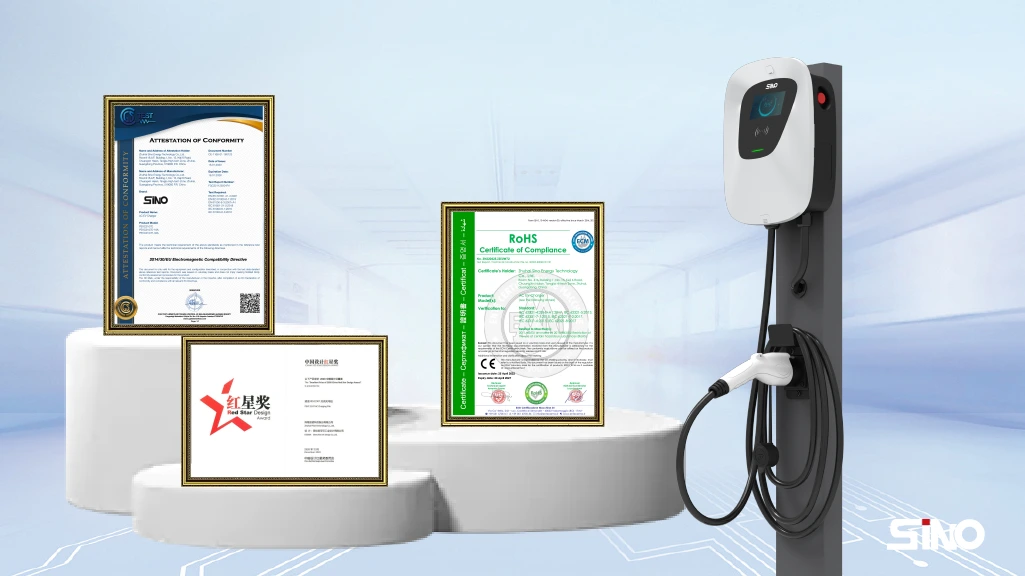
Brand and after-sales service:
Choosing a well-known brand charging station can usually provide more reliable product quality and more perfect after-sales service. Charging station products have certain safety risks, so when choosing charging stations, priority should be given to those products that have passed strict safety testing and certification. At the same time, considering the maintenance and service quality of charging stations, it is also very important to choose a reputable brand and operator.
Conclusion:
A nice and good quality EV charger enhances user convenience, ensures driver safety, reduces operational costs, and supports the overall reliability of the EV ecosystem. Yet, how to choose a comprehensively nice one? You’ve found the answer from.
Our Social
Facebook: www.facebook.com/sinoevc
Instagram: www.instagram.com/sinoevc
Linkedin: www.linkedin.com/company/sinoevse
Youtube: www.youtube.com/@sinoevc
Twitter: www.twitter.com/sinoevc

“Charging for A Better Life”
—Zhuhai Sino Energy Technology Co.,Ltd.



